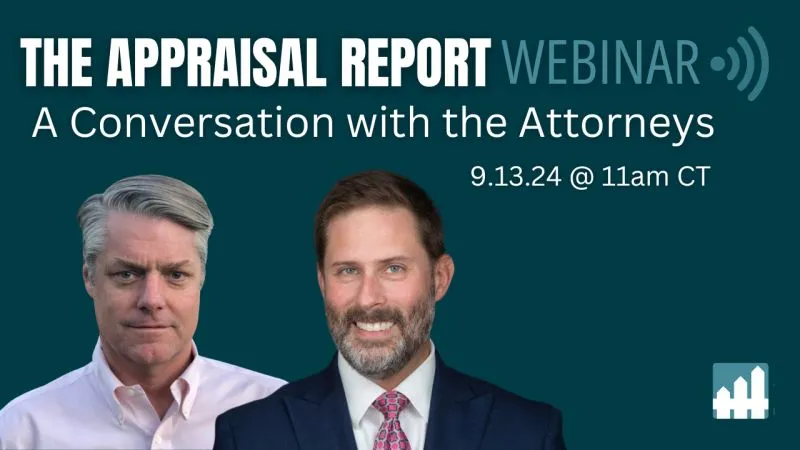
The Impact of Nevada on Daily Fantasy Sports
The following article is an excerpt from The Sports Esquires: Putting Sports on Trial written by our own Justin N. Fielkow.
[/vc_column_text][us_btn label=”Read Full Article” link=”url:http%3A%2F%2Fthesportsesquires.com%2Fthe-impact-of-nevada-on-daily-fantasy-sports%2F|title:The%20Impact%20of%20Nevada%20on%20Daily%20Fantasy%20Sports|target:%20_blank|” style=”6″ align=”center” el_class=”flip”][/vc_column][/vc_row][vc_row height=”small”][vc_column][vc_column_text]It’s been a tumultuous few weeks for the “daily fantasy sports” (DFS) industry. Among other things, there has been an investigation into the potential misuse of non-public data by a major DFS company employee;[i] an inquiry into DFS by the New York Attorney General; a “preliminary” probe by the FBI and U.S. Department of Justice into the business model of DFS; the filing of numerous class actions against major DFS operators; and reports that a federal grand jury was convened in Florida by the U.S. Attorney’s Office to consider potential violations of federal and state law.One of the more interesting recent developments occurred late Thursday in Nevada, when the Nevada Attorney General and Nevada Gaming Control Board (NGCB) concluded that DFS constitutes “gambling” under state law. According to a statement by A.G. Burnett, Chairman of the NGCB, “specifically, DFS meets the definition of a game or gambling game pursuant to Chapter 463 of the Nevada Revised Statutes.” Nevada’s conclusion, however, does not make DFS illegal. As Nevada is one of the few states in which it is permissible to gamble on sports, operators may still offer DFS in the state if they obtain a license to operate a sports pool issued by the NGCB.
I have previously written about the legality of DFS in depth. While sports betting or wagering is generally prohibited at the federal level by the Professional and Amateur Sports Prohibition Act of 1992 (PASPA), DFS’ legality is largely predicated on another federal law, the Uniform Internet Gambling Enforcement Act of 2006 (UIGEA). UIGEA made the processing of certain online gambling transactions illegal. Critically, however, UIGEA explicitly exempts from its definition of “bet or wager” participation in fantasy sports contests that meet a number of requirements. Where a DFS contest meets each of the statute’s express carve-out requirements, it likely does not run afoul of UIGEA’s prohibitions.[ii]
The analysis, however, does not stop at the federal level. Federal law can supplement state law, but, generally speaking, federal law does not make a form of gambling legal which would otherwise be illegal under state law. UIGEA’s “Rule of Construction” makes clear that the statute does not alter, limit, or extend any “State law … prohibiting, permitting, or regulating gambling within the United States.” States are therefore free to make their own determinations as to what constitutes illegal gambling activities and how they wish to regulate those activities within their borders.[iii] This presents unique challenges to fantasy sports businesses, because the laws, and standards used by courts to decipher these laws, can vary dramatically on a state-by-state basis.[/vc_column_text][/vc_column][/vc_row]